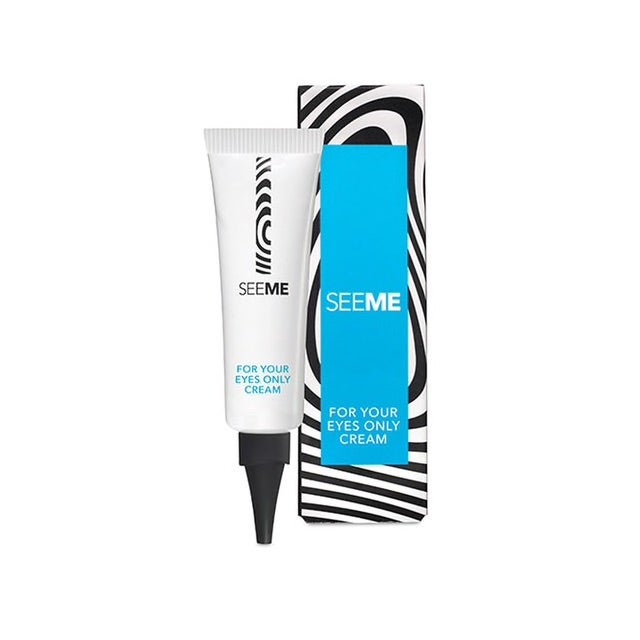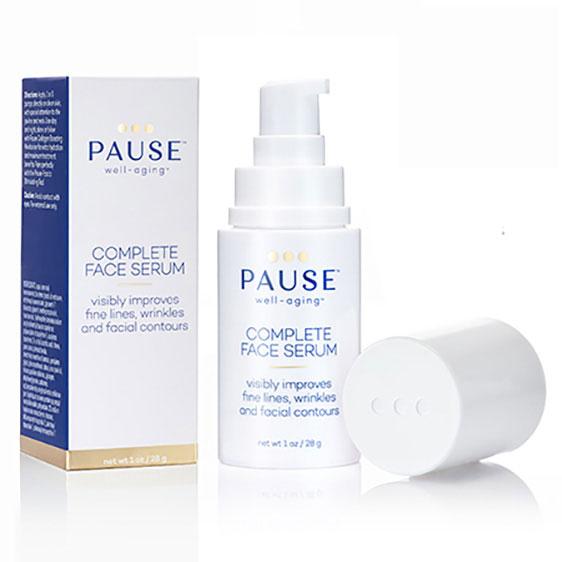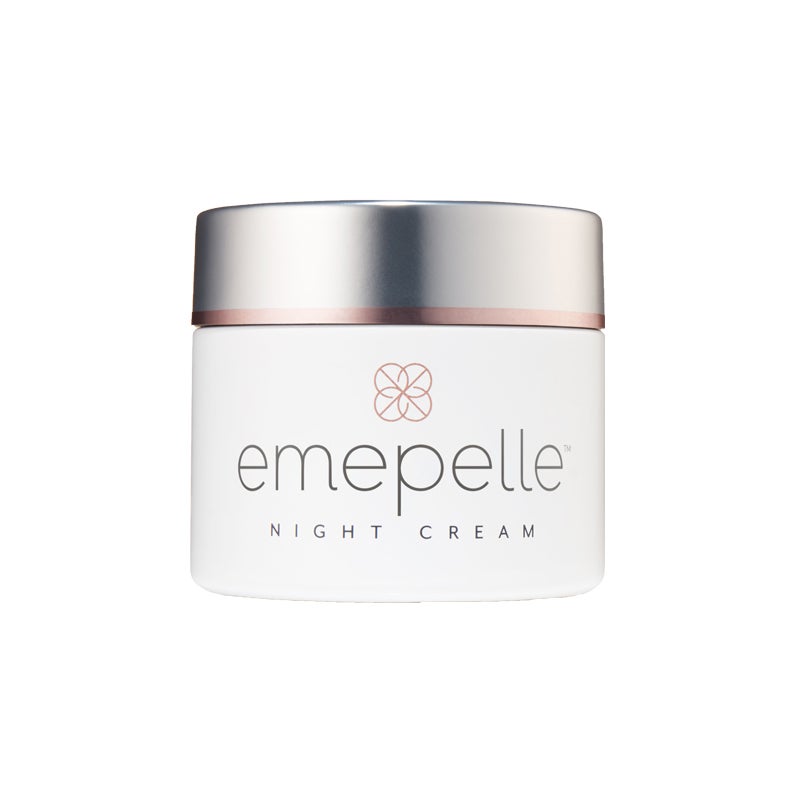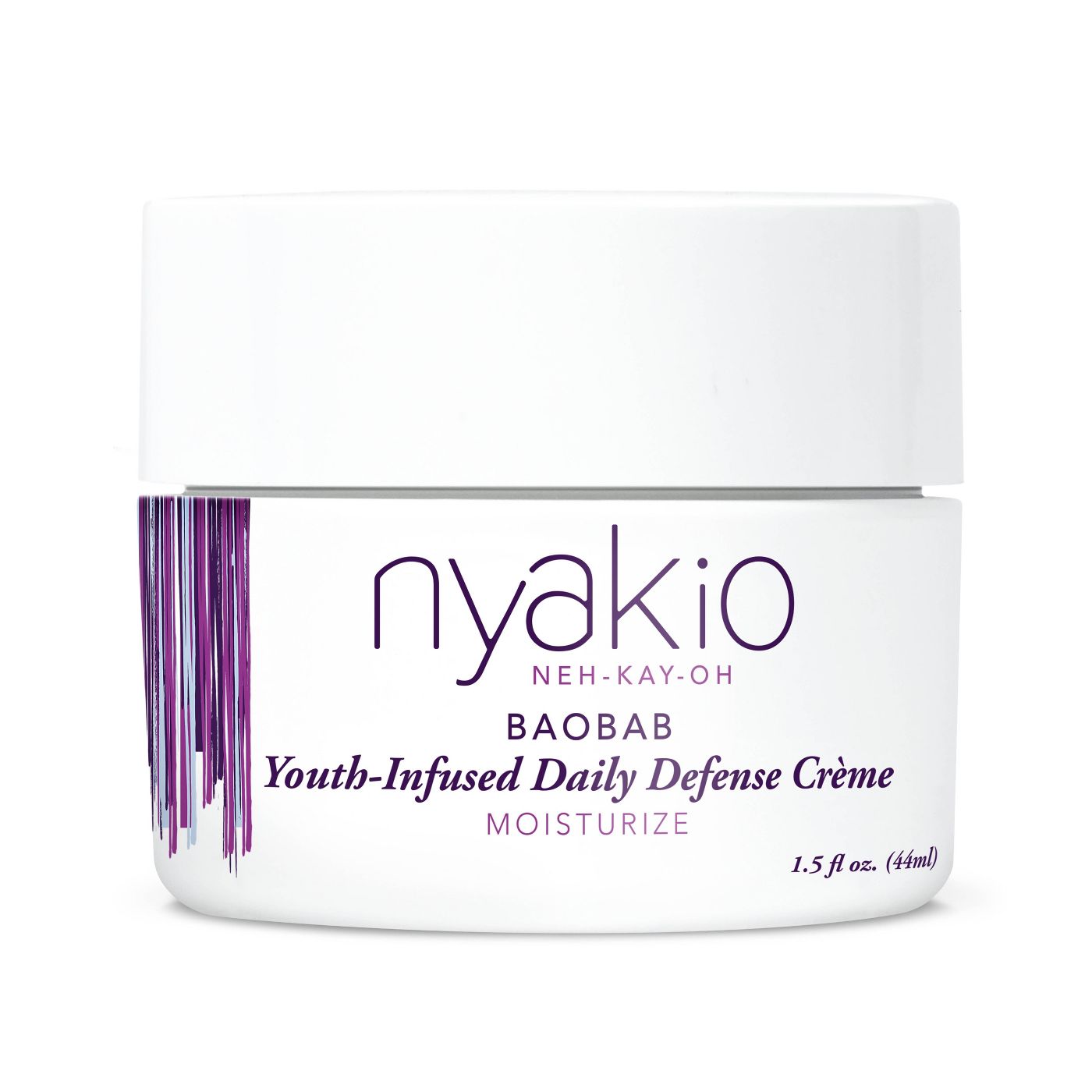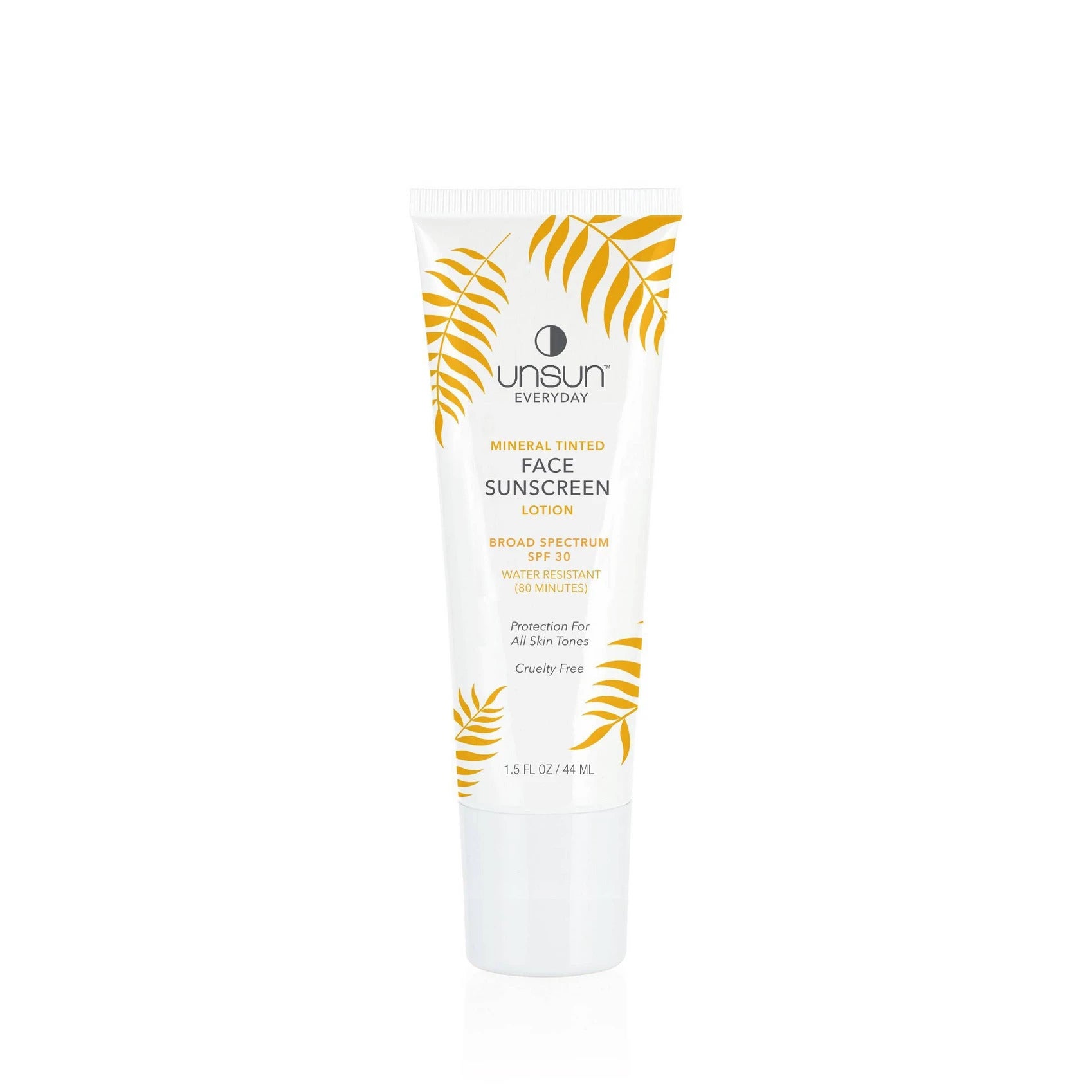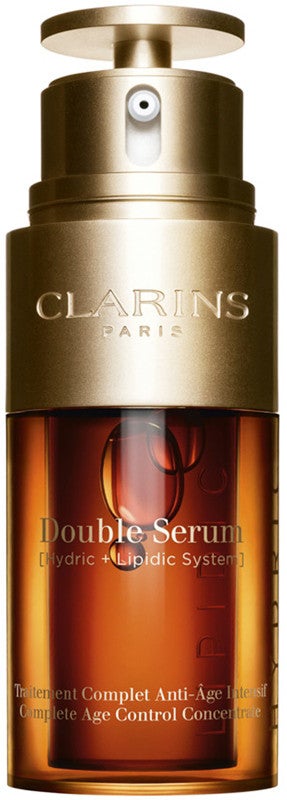Estrogen. You heard the word when your high school sex-ed class reached the "female body" portion. You've seen it referenced in birth-control ads on the subway and during commercial breaks on TV. You know that it's a hormone produced primarily in the ovaries. But in case you got distracted putting a condom on a banana, this is your reminder that estrogen levels play a role in so much more than just pregnancy and menopause — and their effects aren't limited to the internal.
When you think of estrogen declining, it's common for menopause to come to mind — and what we've understood happens during that stage, like hot flashes, mood swings, and low sex drives. But did you know that estrogen plays a role when it comes to your skin, too?
AdvertisementADVERTISEMENT
If you're under the age of 40, you might think: "I don't have to worry about this for a while." Turns out that's not exactly true. Perimenopause is the two to five years leading up to menopause, and even before that, estrogen typically starts to drop around 30 and takes another nosedive at 35. As board-certified OB/GYN Uzzi Reiss, MD, writes in her book The Good News About Estrogen, it was uncommon for women in previous generations to enter menopause before 55. Now, due to environmental and epigenetic stressors, women today can be as young as 38.
We spoke to industry experts to learn more about estrogen-deficient skin, and why we're witnessing a spike in interest from both brands and consumers within the beauty industry. Read more about it, ahead.
The Relationship Between Estrogen & Skin
Estrogen levels decline over your lifetime and diminish steadily as you get older, and this isn't just a matter of whether you can get pregnant: Estrogen is a key factor in your overall health. There are estrogen receptors everywhere, in just about every organ in the body, from your brain to your hair, uterus, bones, and skin.
While people are familiar with the effects of aging on the skin, they don't necessarily correlate it with estrogen deficiency. "As women approach perimenopause and then menopause, estrogen levels throughout the body naturally decline," says dermatologist Joel L. Cohen, MD. "Women are typically aware of vaginal dryness, but they don't necessarily realize that these specific changes are also affecting the skin." Says scientist and SeeMe Beauty co-founder Christi Putman, "Women tell us all the time that these menopause-driven changes to their skin catch them by surprise."
AdvertisementADVERTISEMENT
There's a long list of ways that estrogen is known to contribute to the skin, including wound healing, responding to sun damage, maintaining hydration, and skin thickness, among other healthy skin characteristics. As women approach menopause, they produce less and less estrogen, meaning they lose those contributions to the skin. "Low estrogen levels may be associated with slow skin cell turnover, impaired skin barrier function and pH, and decreased collagen production," says dermatologist Joshua Zeichner, MD. "This translates to dry, dull skin, fine lines, wrinkles, and lax skin."
Rise In New Beauty Category
While aging and estrogen have rarely been spoken about together in terms of skin, we're now seeing a spike of interest from both consumers and brands. Experts point to the fact that women are living longer (the average life expectancy of a woman in the U.S. is 81, according to the CDC) and, for that reason, are spending more time in menopause.
“
"There is a fear of the unknown, but as a society, we are ready to embrace an older demographic."
Rochelle Weitzner, Founder and CEO of Pause Well-Aging
”
However, according to the pros, longer life expectancy is not the only reason for this rising interest. "Women are taking better care of their health and are more educated on the changes occurring in their own bodies," says Dr. Zeichner. Rochelle Weitzner, founder and CEO of Pause Well-Aging, a line of products formulated specifically for hormone-deprived skin, credits the shift in what being 50 means today. "There has never before been any direct conversation about menopause. There is a fear of the unknown, but as a society, we are ready to embrace an older demographic," she says. "Today, a woman in her 50s is Jennifer Lopez, Jennifer Aniston, and Michelle Obama."
AdvertisementADVERTISEMENT
With this shift, more brands targeted toward an older demographic are launching than ever, and some are specifically speaking out about estrogen deficiency. The brand Emepelle worked with scientists to develop its patented and clinically-proven MEP Technology, which lives within the product line to effectively address the root cause of the accelerated collagen loss and skin aging associated with low estrogen levels. For Pause Well-Aging, Weitzner was inspired by her own hot flashes, telling Refinery29, "As a former C-suite beauty executive, I knew that the customer, like me, experiencing the three stages of menopause was not being catered to." SeeMe Beauty was founded by three Procter & Gamble employees in their 50s who didn't want to just create products for women like them, but also provide better representation in a market filled with negative branding when it comes to aging.
Treating Estrogen-Deficient Skin
With all these product lines on the market, it should be noted that there are still medical options (like hormone replacement therapy) that are used to treat estrogen deficiency and other menopause symptoms. Above all, if you have any questions or concerns about estrogen or other hormonal fluctuations or deficiencies, it's essential that you consult a licensed and trained doctor. Everyone is different, and medical advice should only be taken from medical doctors.
That said, if superficial symptoms are your primary concern, topical products can help to address them. Given the more fragile state of the skin, you'll want to stick to hydrating cleansers that won't disrupt it, while also adding collagen-stimulating ingredients like retinol, hydroxy acids, and/or peptides to your regimen. Dr. Zeichner recommends Clarins Double Serum for its anti-inflammatory and strengthening benefits. Remember that your skin's natural defenses are low, so you'll want to use rich moisturizers to provide a protective layer — and sunscreen is imperative. "Estrogen-deficient skin cannot protect itself as well as younger skin can, so daily UV protection is a must," says Dr. Zeichner.
AdvertisementADVERTISEMENT
As for accurately assessing your estrogen levels: Aside from symptoms, levels can be determined with full-screen blood serum tests, though some professionals, like Rebecca F. Dunsmoor-Su, MD, MSCE, OB/GYN, and Chief Medical Officer of Gennev, an online clinic for women in menopause, prefer not to rely on them. "Doing blood levels is generally not helpful," she says. "We monitor and treat based on symptoms, not levels, especially during perimenopause, when levels can be very irregular month to month and are not helpful or predictive."
Ultimately, it's never too early or too late to learn more about the effects of aging. It's about time the beauty industry recognizes that skin changes as a result of hormonal shifts over our lifetimes are real and prevalent — and, most importantly, that there's nothing anti about aging.
At Refinery29, we’re here to help you navigate this overwhelming world of stuff. All of our market picks are independently selected and curated by the editorial team. If you buy something we link to on our site, Refinery29 may earn commission.
AdvertisementADVERTISEMENT







